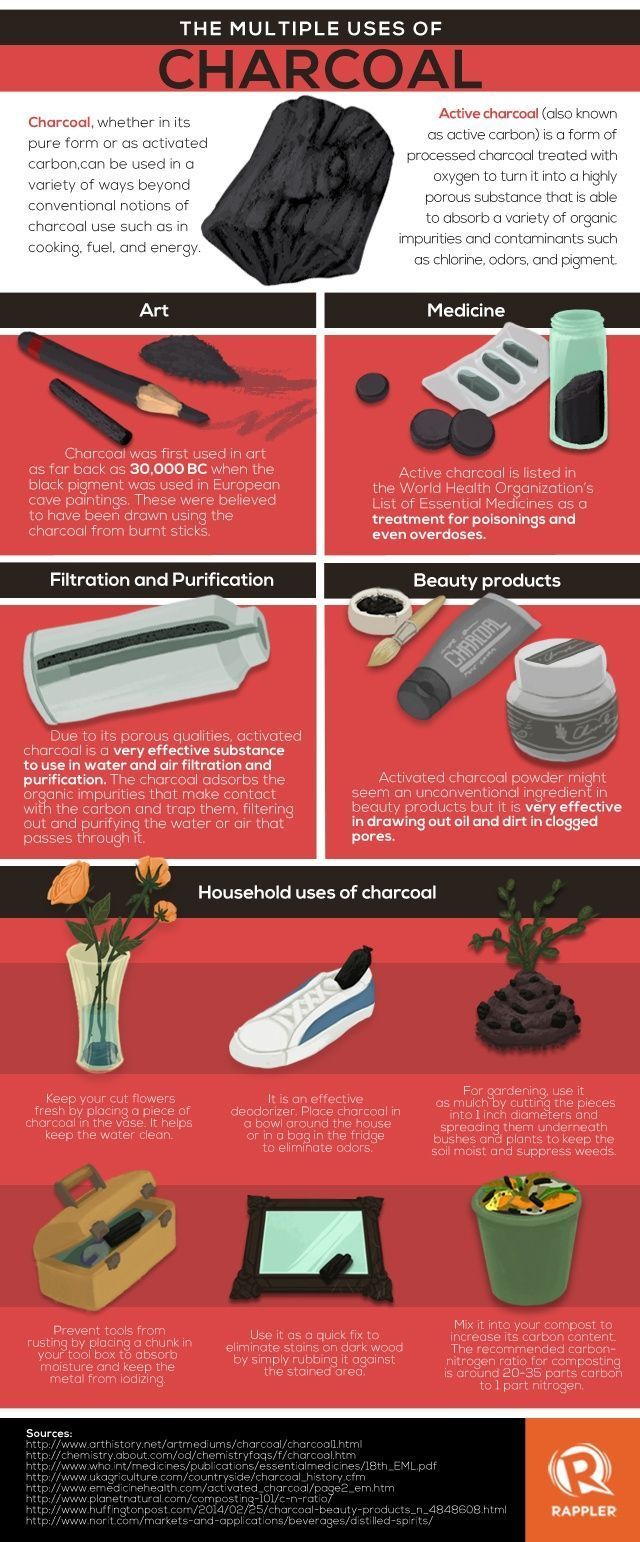Heatpump Vs Heater - Which Is The Better Heating Choice For Your Home?
Heatpump Vs Heater - Which Is The Better Heating Choice For Your Home?
Blog Article
Staff Writer-Ashworth Smith
Numerous property owners know with heating systems, which heat homes with oil or gas and push hot air through ductwork. They are relatively cost-effective and can provide trustworthy home heating even during a winter months power failure.
However, they utilize nonrenewable fuel sources and produce carbon monoxide gas and various other air contamination. They additionally aren't as energy-efficient as a high-efficiency heatpump.
Price
Typically, heat pumps are more affordable to run than heating systems. They usually utilize electricity and refrigerant to essence heat from exterior air, and afterwards transfer it right into your home. You can capitalize on cheaper electricity rates throughout off-peak hours to additionally reduce your heating expenses.
Unlike heat pumps, gas or wood-burning heaters make use of combustion to generate warmth, emitting flue gases into the ambience that can be damaging to your health. Click Webpage are additionally much less energy-efficient than heat pumps, and their higher operating expense can add up over time.
Furnaces are more complex than heat pumps and need regular upkeep to make certain the correct feature of all parts. Despite this, they tend to last longer than heatpump with a typical life-span of 20 years or even more. However, you'll need to factor in the price of gas, fuel oil or wood and the additional equipment needed for installation and procedure such as air ducts and air flow systems.
Energy Effectiveness
Heat pumps have a greater power performance score than furnaces. These systems make use of electrical energy to scavenge heat from the air, even in freezing temperatures. They can additionally remove excess heat from the home during warmer months and recycle it to cool the system. Service provider professionals can aid you identify the most effective design for your home based on climate and source energy costs.
Furnaces shed fuel oil, lp, gas or other kinds of nonrenewable fuel source to heat up the air in the home. This air is then dispersed through ductwork making use of a large fan. Furnaces create greenhouse gases and require regular upkeep and equipment upgrades to make sure risk-free procedure.
The greatest benefit of a furnace is that it can be operated even in severe winter months conditions due to the fact that it does not rely upon outdoor temperatures to heat the air. Heaters additionally have a longer life-span than heat pumps and typically last 15 years. They can also be paired with twin fuel choices, which select one of the most reliable home heating alternative based on the weather.
Environment
Heat pumps work well in moderate environments and utilize much less source energy than heating systems. Nevertheless, if your region is incredibly chilly, you may require to invest in a standard gas heating system instead.
Heaters offer warm, comfy warm and generally supply rapid heating to raise interior temperatures. These systems can be made use of with a variety of gas kinds, consisting of natural gas, lp, oil or power.
They consume much more power than heat pumps-- approximately 3x as much-- and need ductwork that's costly to install or retrofit. They're likewise more pricey to keep, as they can trigger air top quality issues and generate greenhouse gas emissions.
If https://www.bobvila.com/articles/this-common-home-heating-hack-will-waste-more-energy-and-money-than-it-saves/ devoted to minimizing your carbon impact, a heatpump is a great option for your home. They have less greenhouse gas discharges than heating systems, particularly if you choose an ENERGY CELEBRITY ® heatpump. Your local Service provider specialist can clarify the differences between these 2 heating systems and aid you make the most effective choice for your special needs.
Individual Preferences
Heating systems can be extremely power effective when powered by natural gas, gas or oil, but they aren't as energy reliable as heatpump in icy climates. They can likewise be more pricey to install, needing gas lines and ventilation systems.
However, furnaces tend to call for less upkeep, which can cause lower continuous prices. They create less greenhouse gases and are much more dependable than heatpump throughout extreme weather.
Electric heatpump are much more flexible in creating indoor comfort because they can also work as air conditioning unit during warmer months. They can be more convenient to maintain, needing only normal air filter changes and periodic vacuuming.
If you like the convenience of a solitary system that does it all, consider a crossbreed home heating service that pairs a heating system with an electrical heat pump. These systems can immediately change between the two heating alternatives based upon your home's needs and temperature problems, taking full advantage of performance and financial savings.